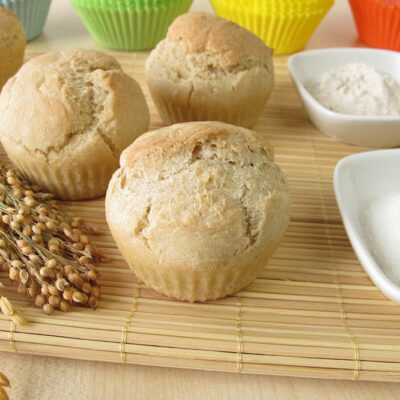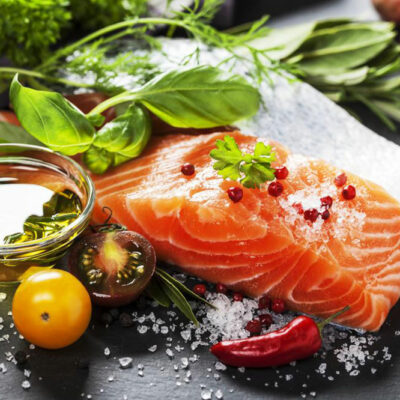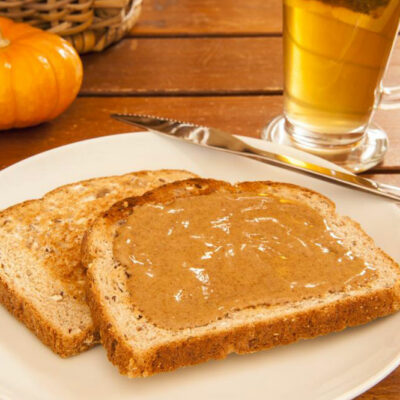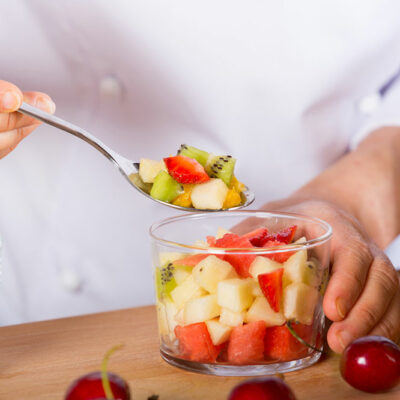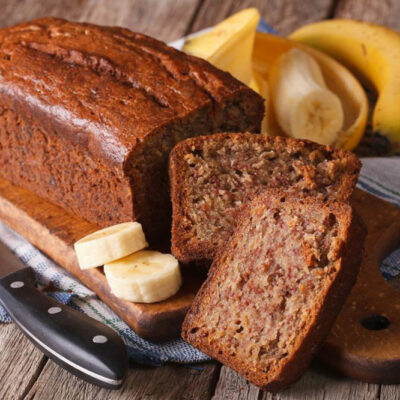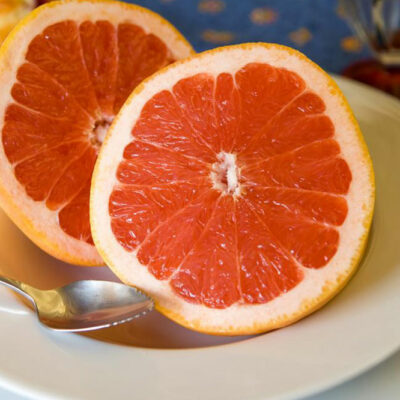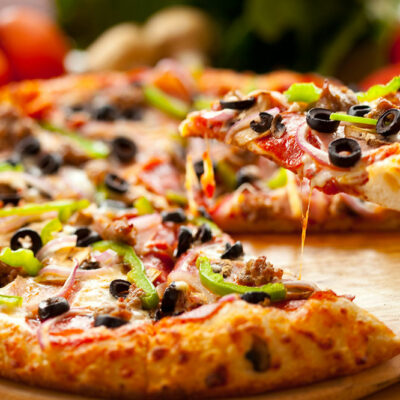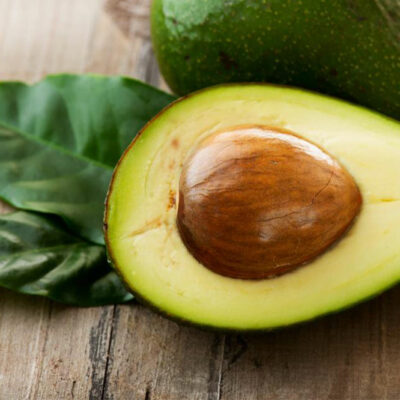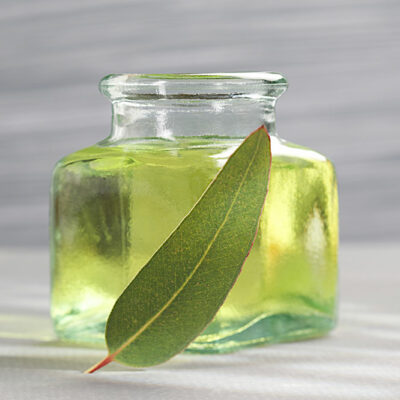
Nutrition
Dietary Tips for Bipolar Depression Patients
Bipolar disorder is a complex disorder in which the person experiences unusually high and low moods. With this, the person might experience major depression, accompanied by disturbed thinking, impairment in social functioning, and distortions of perception. Other than following diet tips for managing bipolar depression, regular physical activity or exercise is also important to stay fit. Making some lifestyle changes like regular exercise keeps the body active and also improves the mood. One can start with walking or a 30-minute workout session with a friend. Other necessary changes include keeping a check on the sleep patterns, eating the right food, keeping stress levels in check, and being socially active. Diet tips for managing bipolar depression Avoid red meat, saturated fats, and trans fat People with bipolar depression should avoid eating red meat, saturated fat, and carbohydrates. This will keep overall health in check and won’t make them lazy or inactive. Eat a balance of protein and nutrient-dense food One of the most effective diet tips for managing bipolar depression is to eat fresh fruits, vegetables, legumes, whole grains, fish, lean meat, nuts, seeds, low-fat dairy products, and eggs. They provide the required nutrients and protein and also improve overall health.
Read More 